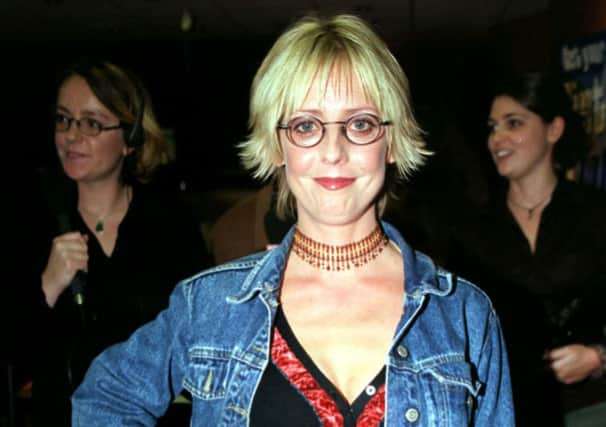Emma Chambers, actress


Ms Chambers, who has died at 53, played Alice as a character of beautiful innocence, offering the perfect dynamic to Dawn French’s ebullient Rev Geraldine Granger.
Her ability to immerse herself in the Oxfordshire countryside for the role was all the more remarkable given her allergy to almost all animals.
Advertisement
Hide AdAdvertisement
Hide AdThe series was considered radical when Richard Curtis and Paul Mayhew-Archer conceived it. It was 1994, the year in which the first female Church of England priests were ordained.
Its success led to her casting, again by Curtis, in Notting Hill as Hugh Grant’s adorable sister. Her character was so besotted by the film star played by Julia Roberts that she memorably followed her into the toilet.
It was a case of art imitating life. She said later that all she could think of during filming with Roberts was how “completely beautiful” she was.
One of three children, Ms Chambers was born in Doncaster in 1964, to John, a consultant obstetrician and gynaecologist, and Noelle (nee Strange). The family moved around, and she was educated at a girls’ boarding school, St Swithuns, in Winchester.
Advertisement
Hide AdAdvertisement
Hide AdWhile her sister, Sarah Doukas, discovered Kate Moss and ran the Storm modelling agency with brother Simon, Chambers always knew she wanted to be an actress.
She first took up the opportunity to try performing at Winchester College – where she was also drawn by the presence of boys.
In the Eighties, she trained at the Webber Douglas Academy of Dramatic Art, and after marrying fellow actor Ian Dunn, she landed two vital roles in 1994.
One was as Charity Pecksniff in a BBC adaptation of Martin Chuzzlewit. The other, as Alice Tinker, would change her life.
Advertisement
Hide AdAdvertisement
Hide AdIn the rural village of oddballs, Alice was a standout: dim-witted and naive, but also endearing and sweet-natured.
She would get her biggest laughs at the end of each episode as she and Geraldine sat with mugs of tea at the vicar’s kitchen table. As the credits rolled, Geraldine would tell her friend a joke which, without fail, Alice would struggle to understand – stretching the humour to its extreme literal sense.
But it was not typecasting, and she enjoyed a fruitful professional relationship with the playwright Alan Ayckbourn in Scarborough and the West End. Her London theatre debut was in his comedy Henceforward, as the estranged daughter of Ian McKellen’s composer, Jerome. It was a role she had created at Ayckbourn’s Stephen Joseph Theatre on the Yorkshire coast, where the playwright had stipulated: “Not a child, please. Just a very small actress.” In Scarborough, she lodged with McKellen, whom she came to regard as a father figure.
In 1989, she starred in the Scarborough premiere of Ayckbourn’s Invisible Friends as another teenager, who has an imaginary companion to relieve the awfulness of living with her family. She reprised the role in London during two stints with the National Theatre company which included an appearance in Alan Bennett’s The Madness of George III.
Advertisement
Hide AdAdvertisement
Hide AdShe left acting in 2000 for two years after, she said, falling out of love with the job. She spent her days gardening, walking and cooking, returning to the stage as Sheila in the Michael Frayn play, Benefactors, and as Alice in numerous festive and Comic Relief revivals of The Vicar of Dibley.
She is survived by her husband.